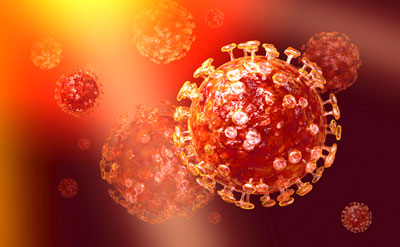WHO and the Republic of Korea to carry out joint mission for the MERS-CoV outbreak
Posted: 8 June 2015 |
WHO and the Republic of Korea’s Ministry of Health and Welfare are to conduct a joint mission in the Republic of Korea to better understand MERS-CoV…


In light of the recent outbreak of Middle East respiratory syndrome coronavirus (MERS-CoV) in the Republic of Korea, the World Health Organization (WHO) and the Republic of Korea’s Ministry of Health and Welfare are to conduct a joint mission in the country.


The WHO team will be led by Assistant Director-General for Health Security, Dr Keiji Fukuda. The team will be comprised of experts in epidemiology, virology, clinical management, infection prevention and control, as well as public health officers who have previously handled other MERS-CoV outbreaks in the Middle East.
Joint mission will seek to further information on the characteristic of the virus
The pressing objective of this joint mission is to gain information and review the situation in the Republic of Korea including the epidemiological pattern, the characteristic of the virus and clinical features. The team will also assess the public health response efforts and provide recommendations for response measures going forward.
Since the outbreak, WHO has been working closely with the Ministry of Health and Welfare and the Korea Centres for Disease Control and Prevention on response measures.
MERS-CoV is a relatively new disease
Based on current data and WHO’s risk assessment, there is no evidence to suggest sustained human-to-human transmission in communities and no evidence of airborne transmission. However, MERS-CoV is a relatively new disease and information gaps are considerable. The joint mission will bring us a step closer to gaining a better understanding of the nature of this virus.
WHO remains vigilant and is monitoring the situation. Given the lack of evidence of sustained human-to-human transmission in the community, WHO does not advise special procedures at points of entry, or travel or trade restrictions with regard to this event.
MERS-CoV remains poorly understood. Much about the behaviour of the virus remains shrouded in scientific uncertainty, though evidence is mounting that camels can transmit the virus to humans through close contact. Typical symptoms include fever, cough and shortness of breath. Pneumonia is common, but not always present. Gastrointestinal symptoms, including diarrhoea, have also been reported.



